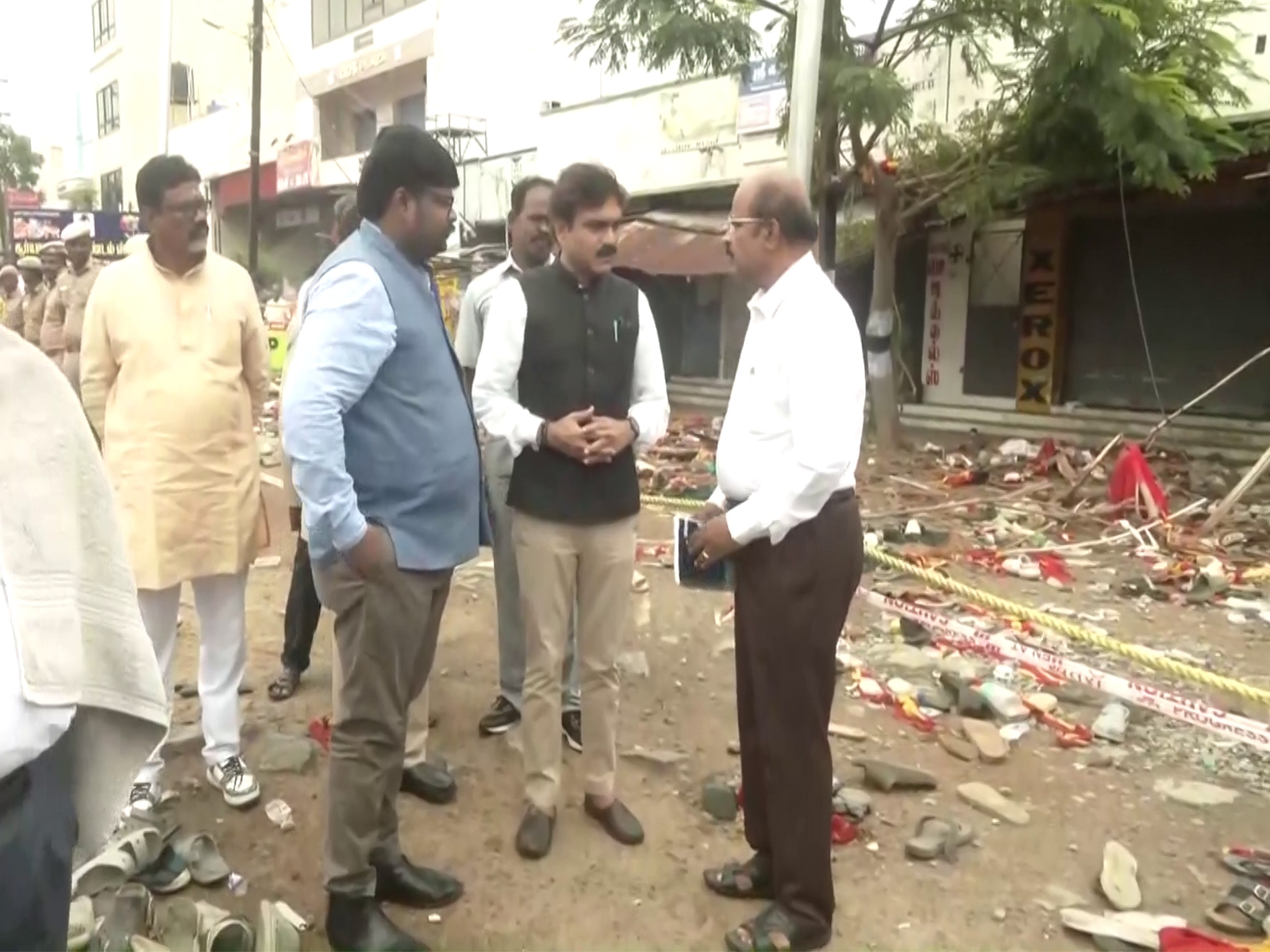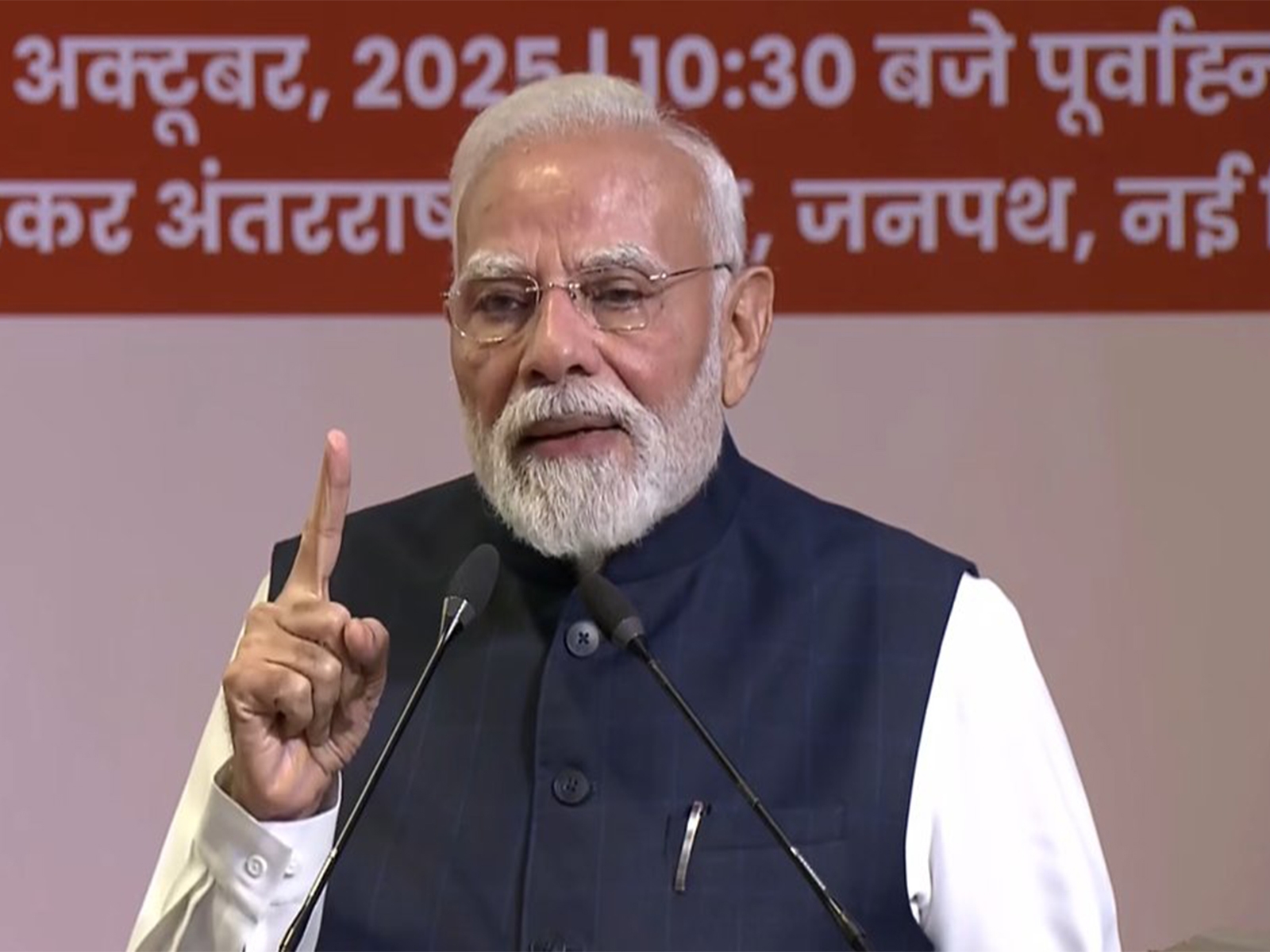UGC's new draft is keen on punishing plagiarists, but will it work in India?

The University Grants Commission (UGC) on 4 September released the Draft UGC Regulations 2017 on Promotion of Academic Integrity and Prevention of Plagiarism in Higher Education Institutions to crack down on students and faculty found plagiarising research work.
The UGC has asked for suggestions and feedback till 30 September, but to most, the regulations appear to be set in stone.
In higher education, students are usually warned of the seriousness of the offence. But according to many academics, having stringent regulations for plagiarism in India can have an adverse effect, particularly because the systems for checking aren’t in place.
A serious offence
According to the draft regulations, a research scholar would now face cancellation of their registration if found to have plagiarised their research. A faculty member, if found guilty of the same, may be debarred from publishing any work, denied annual increments and disqualified from supervising any student or scholar.
Three types of penalties would be imposed on those found guilty of plagiarising work. In the non-core areas, a Level 1 offence of up to 10% plagiarised content would not invite any penalty. In cases of Level 2 offence - up to 40% plagiarism - the student will not be given any marks and/or credits and will be asked to submit a revised script within a stipulated time period not exceeding six months.
A Level 3 offence - 60% similarities - would result in the cancellation of the researcher's registration.
However, in the core areas of research work, the regulations say there will be 'zero tolerance' for plagiarism. Core areas include abstract, summary, hypothesis, observations, results, conclusions and recommendations.
The draft calls for setting up of Plagiarism Disciplinary Authority (PDA), Academic Misconduct Panel (AMP) and installation of software to detect plagiarism, among other reforms at universities and colleges across the country.
As per the new policy, if any member of the academic community has reason to suspect a case of plagiarism, he or she shall report it to the competent/ designated authority of the university. Upon receipt of such a complaint or allegation, the university authority shall refer the case to the AMP, which in turn shall submit a report to the PDA.
The regulations also say that every faculty, researcher and MPhil/ PhD student should be provided access to plagiarism detection tools for checking the content of their scripts and the undertaking shall include the fact that the document has been duly checked through a plagiarism detection tool approved by the HEI. The authorities of higher education institution (HEI) can also take suo motu notice of an act of plagiarism and initiate proceedings, the draft says.
Expert speak
"It is very important to have a good system against plagiarism in place because without it, good research is deterred. At the same time, it requires a lot of education and awareness. UGC doesn’t need to make regulations as every higher educational institute already has its rules and guidelines in place. The UGC should instead give broad guidelines and suggestions on how institutions can avoid plagiarised research work. Regulations become binding and institutional,” says Ravi Srivastava, a senior professor of social sciences in Jawaharlal Nehru University.
“It is true that sources of plagiarism have increased with the internet. There has to be a wider ambit, different modalities of punishment. Each institution distinguishes between different acts of plagiarism. There is lazy plagiarism, where the scholar does not write footnotes and references etc. Then there is much more serious acts of plagiarism where findings, hypothesis is copied from someone else’s work. So to determine plagiarism is a very difficult aspect of research work," he explains.
"In bigger universities, the thesis is submitted in both hard and soft copies but in smaller institutes, the research is mostly submitted in hard copy - making it harder to determine plagiarism. What is most important is that students need to be educated as to how they must do their research work. There are some aspects that one can copy from other researches with proper attribution etc. Self-plagiarism is also not allowed without attribution. Most students in India aren’t aware of proper norms,” he adds.
Need for a better system
Former head of Political Science faculty in Delhi University Achin Vinayak says, “Globally, if there is a complaint of plagiarism, a committee looks into it. If a scholar is found guilty, it is dealt with very strictly. Ivy leagues too have zero tolerance for plagiarism."
"But you have to understand that they have better systems in place for checking. In India, a thesis can be done in regional languages as well. Do you know how difficult it is to determine plagiarism in other languages with checkers on the internet? The punishment cannot be so severe in India,” he argues.
Professor Vinayak also feels that many UGC regulations released nowadays have political motives behind it.
“The entire academic fraternity is aware of how the govt is discouraging higher education in the country. They do not promote scholars and research work, but instead promote skills employment. This seems like another way of trying to keep students away from pursuing research. Indian scholars have produced some of the best original research work over the years even without all these systems of checks. Instead of promoting research work by having scholar/faculty-friendly guidelines, they are putting such stringent punishments in place. Their motive is clear as day.”
First published: 7 September 2017, 19:46 IST





![BJP's Kapil Mishra recreates Shankar Mahadevan’s ‘Breathless’ song to highlight Delhi pollution [WATCH] BJP's Kapil Mishra recreates Shankar Mahadevan’s ‘Breathless’ song to highlight Delhi pollution [WATCH]](https://images.catchnews.com/upload/2022/11/03/kapil-mishra_240884_300x172.png)

![Anupam Kher shares pictures of his toned body on 67th birthday [MUST SEE] Anupam Kher shares pictures of his toned body on 67th birthday [MUST SEE]](https://images.catchnews.com/upload/2022/03/07/Anupam_kher_231145_300x172.jpg)






